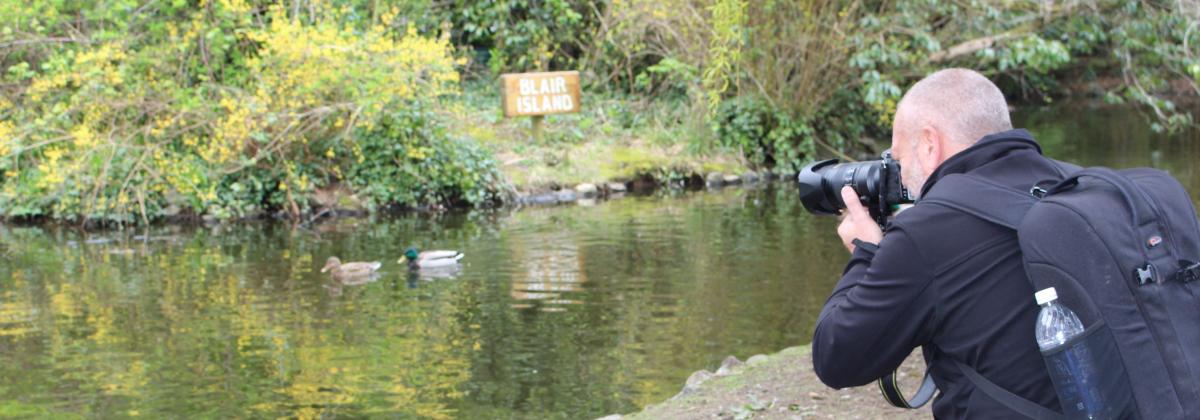
Modernization
Learn more about government’s intention to modernize the museum to protect our historic holdings and provide better access to our collections.

In 2006, I was asked to spend a month at sea to help sort the catch aboard the CCGS W.E. Ricker - a stern trawler run by the Canadian Coast Guard. Researchers with Fisheries and Oceans Canada (DFO) were heading out on a deep water survey, and I knew the survey would turn up fishes that I had only seen in books or as pale specimens in jars. I jumped at the offer to collect fresh deep-sea specimens.
Trawlers like the CCGS W.E. Ricker (retired in 2017) are the only way we can collect deep sea fishes effectively. For each sample area, the ship towed a small otter trawl net for ½ an hour at a set depth and you catch whatever is present in the area. We waited below decks in the sorting lab, like hungry nestling terns waiting for the net to regurgitate fishes.
The survey which began in 1999, was to determine whether there was a viable Tanner Crab (Chionoecetes bairdi) fishery in British Columbia. The species that were caught during the Tanner Crab survey were a bonus, helping us to improve what we know about the marine diversity off our coast. When I was aboard the W.E. Ricker, we were able to collect a wide range of fishes (and a few token invertebrates) from depths ranging from 600 meters to 2.2 kilometers west of Vancouver Island, north to Haida Gwaii. At times we were out of sight of land – that alone made the trip worthwhile.
We preserved everything unusual, and the 2006 trip was special. Not only did we collect some fishes rare to our waters, we found a range of species new to BC waters. After the trip, specimens were fixed, preserved, bottled, cataloged and shelved in the Royal BC Museum collection. Then the real work began – digging up previous research to determine the significance of our new range records.
This series of Research Portal articles summarizes new fish range records that resulted from a decade of survey samples by DFO, from re-examination of museum specimens, as well as a range of new fishes found in the commercial fishery and fishes found by citizen scientists. Most are deep water species adapted to cold water, but a few range north only when water is unusually warm. These may become regular visitors to our coast if climate change is not mitigated.
Research Articles |
Author |
| New Cusk Eels for BC | Gavin Hanke; Curator of Vertebrate Zoology |
| Warm Water Strays | Gavin Hanke; Curator of Vertebrate Zoology |
| Eels in BC | Gavin Hanke; Curator of Vertebrate Zoology |
| Deep Sea Anglerfish of BC | Gavin Hanke; Curator of Vertebrate Zoology |
| New Shark and Skates for BC | Gavin Hanke; Curator of Vertebrate Zoology |